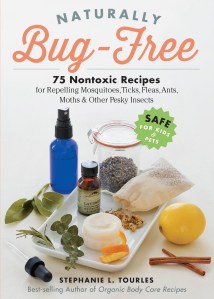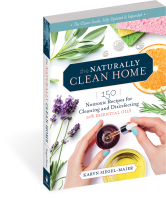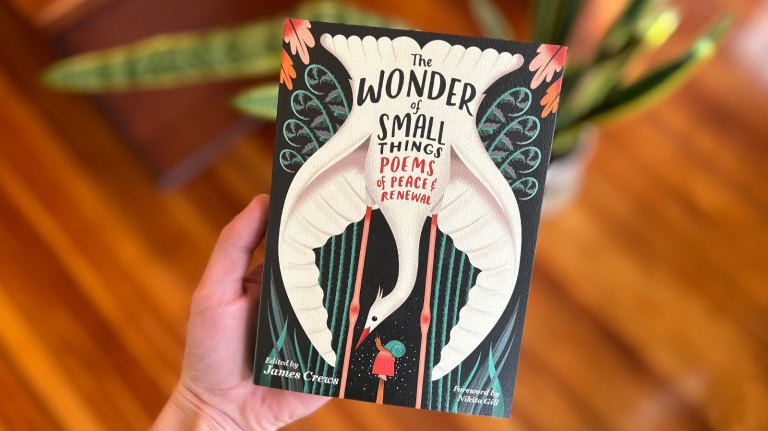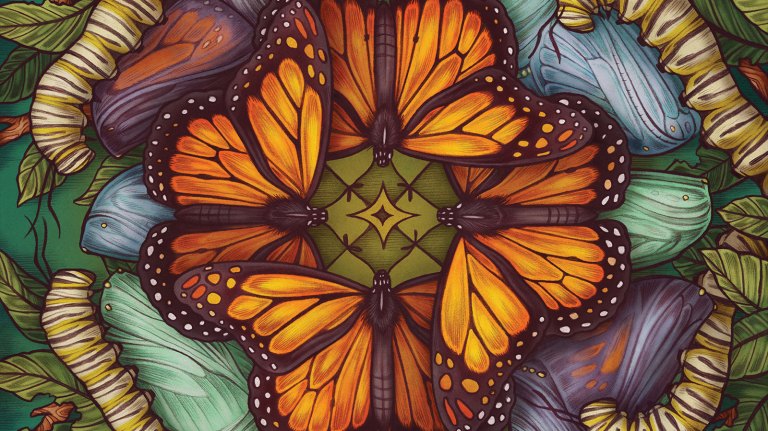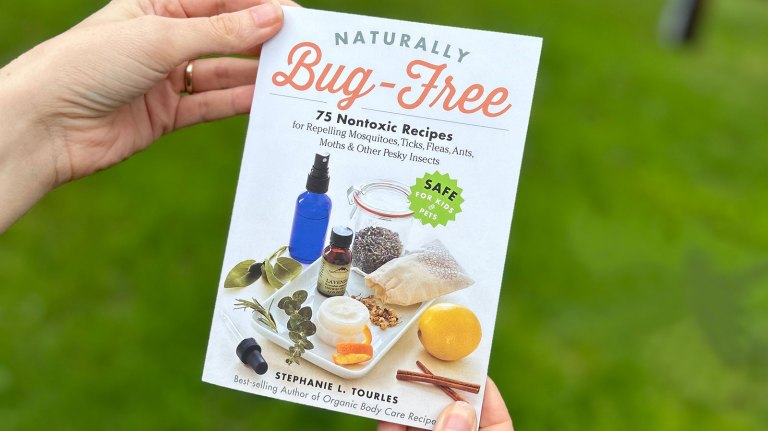Essential Oils and Cats Don’t Mix
Cats are extremely sensitive to essential oils and can have severe adverse reactions if exposed, whether topically or through the vapors from a diffuser.
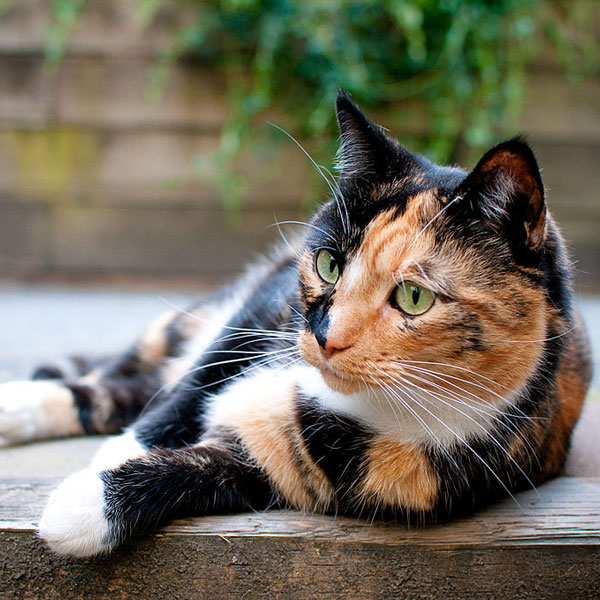
I’ve written before about the potential dangers of essential oils when it comes to pets. Recently a flurry of posts has appeared online about beloved pet cats becoming critically ill when exposed to essential oils through home diffusers. These heartbreaking stories serve as a good reminder that using essential oils in any capacity when there are pets in your home requires taking extra precautions.
Essential oils are volatile, intensely aromatic, highly concentrated, organic liquid compounds derived from various plant parts primarily by steam distillation or cold pressing. These compounds are what give plants their distinctive smells and tastes, and they play a vital role in plant biochemistry.
Today, essential oils are increasingly popular among those seeking natural alternatives for treating a wide array of health concerns. They are also favored ingredients for use in crafting home fragrance blends and cleansing products, perfumes, personal care products, and insect repellents. Given that essential oils are of natural origin and free from pharmaceutical drugs and potentially irritating synthetics, it would be reasonable to assume that the benefits we experience when using them also extend to our pets, right?
Well, not so fast. The problem is that our animal companions react quite differently to chemical compounds than we do. Different species can have different levels of tolerance to various essential oils. Our feline friends in particular are extremely sensitive to these aromatic extracts and can have severe adverse reactions if exposed to essential oil, whether topically or through the vapors from a diffuser.
Why? For one, cats have an acute sense of smell, which heightens their dislike of strong odors. Cats are also thin-skinned creatures. Essential oils get absorbed rapidly into the bloodstream via transdermal penetration. Most importantly, cats lack the liver enzyme glucuronyl transferase, making it difficult for them to metabolize and eliminate certain chemicals found in many essential oils, such as phenols, eugenols, and d-limonene. The lack of this enzyme can result in a potentially toxic build-up in a cat’s system. Toxicity in cats can occur very quickly. The higher the concentration of the essential oil and the more frequent the exposure, the greater the risk to your cat.
What are the signs that your cat — or any pet — has been overexposed to, or even poisoned by, essential oils? They may exhibit any of the following:
- Respiratory symptoms such as chronic sneezing, coughing, panting, labored breathing
- Excessive salivation or drooling
- Eye tearing
- Pawing at face
- Whining
- Pacing, muscle tremors, wobbliness
- Lethargy
- Vomiting
- Unexplained weight loss
- Liver failure, as determined by a veterinarian (this can be fatal)
Diffusing Essential Oils Safely
When diffusing essential oils in your home, it is recommended that you shut cats and birds, small-breed adult dogs, as well as kittens and puppies under one year of age, out of the room. Never use a diffuser in a room with caged animals of any kind, whether cats, dogs, rabbits, birds, reptiles, or rodents.
If diffusing in the vicinity of medium- to large-breed adult dogs, please provide plenty of ventilation, diffuse for only 20 to 30 minutes at a time, and make sure that animals have the freedom to leave the room if they wish.
Please note that birds have a very different respiratory system than mammals do, and are highly sensitive to many inhaled fumes, synthetic or natural.
Essential oils can be used safely and successfully with many animals. Educating yourself about the dangers of essential oils for animals, and taking great care to remove any risks, could save you and your pets much anguish and discomfort. If you want to use these plant extracts on or in the vicinity of your pets, always talk to your veterinarian or an experienced professional aromatherapist trained in animal aromatherapy first, no matter what type of critter you own.
